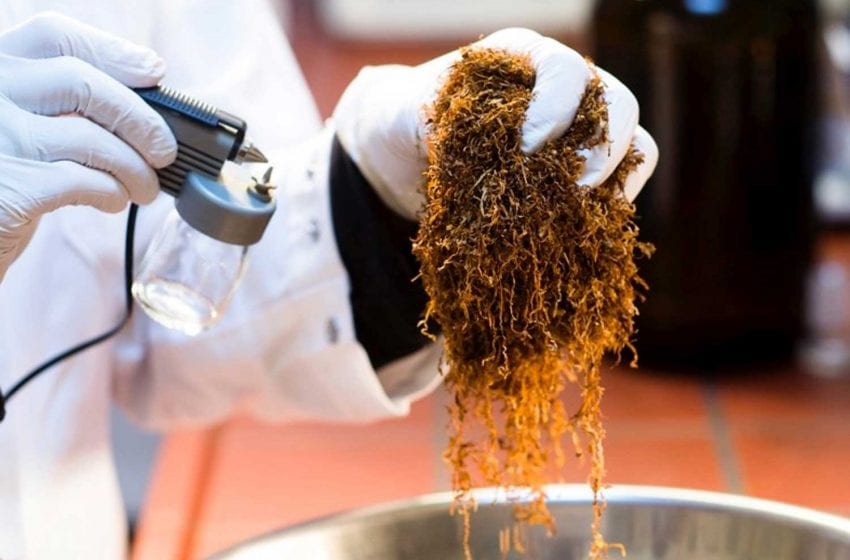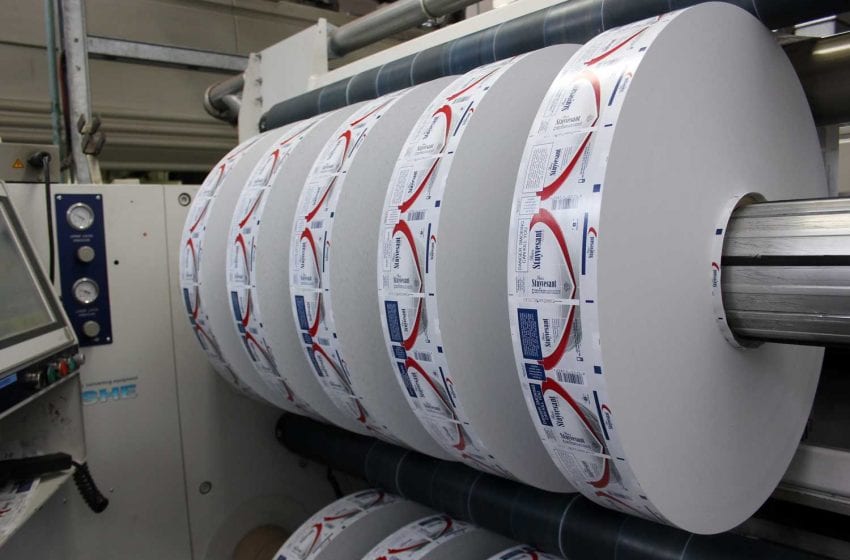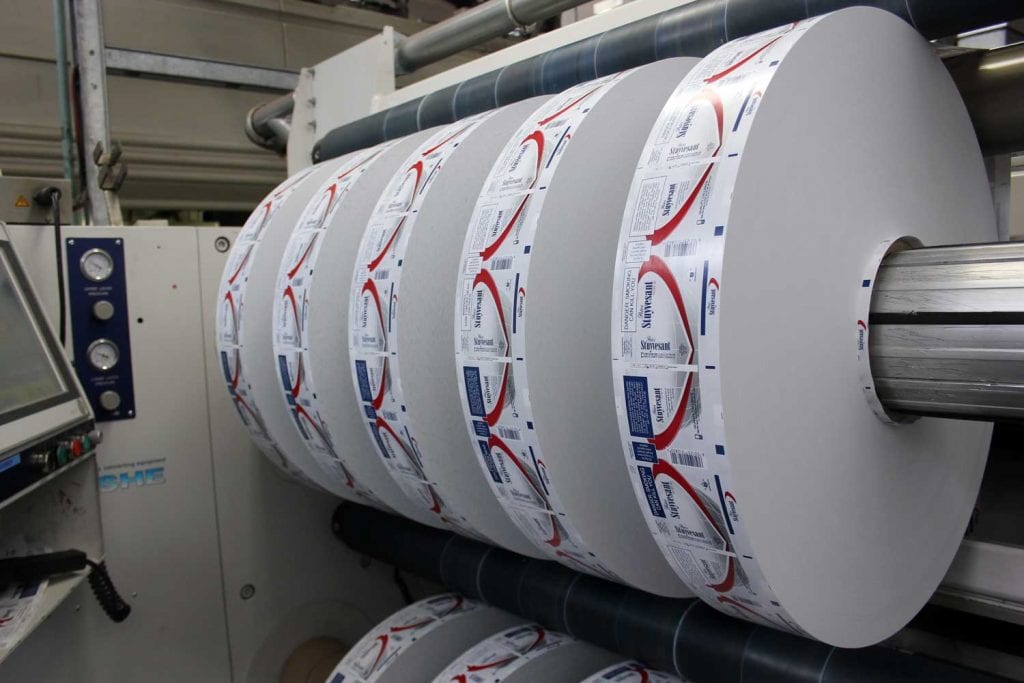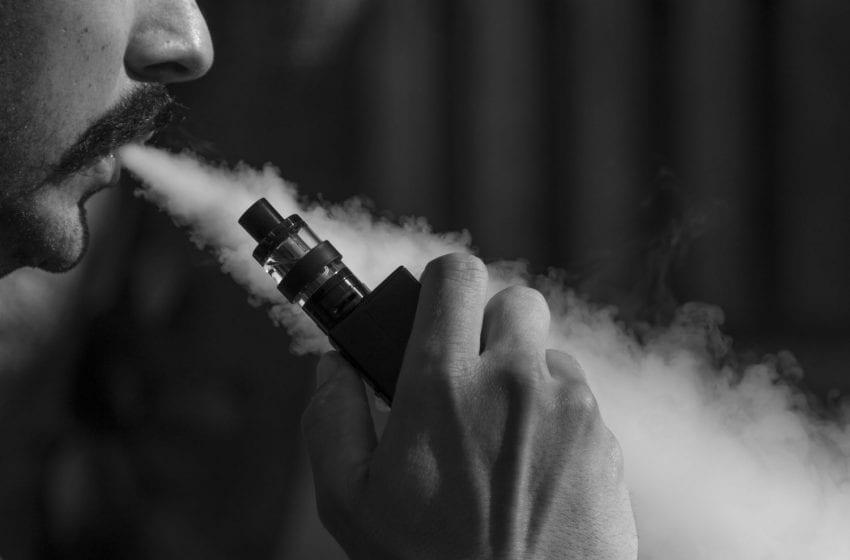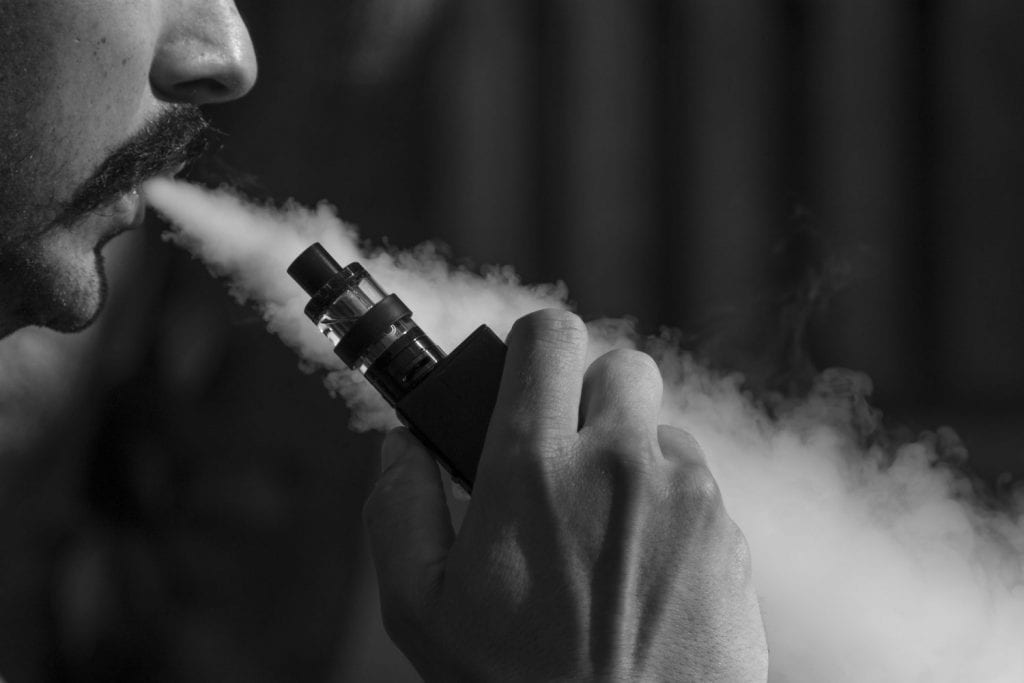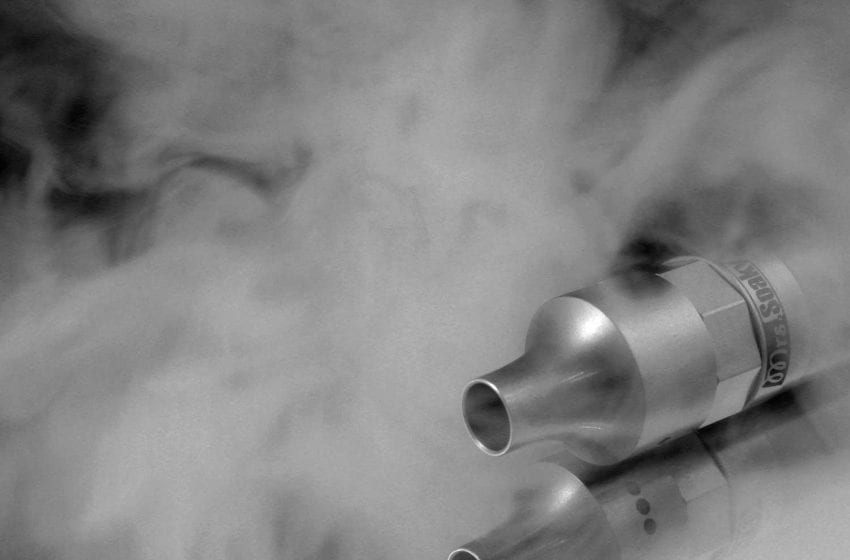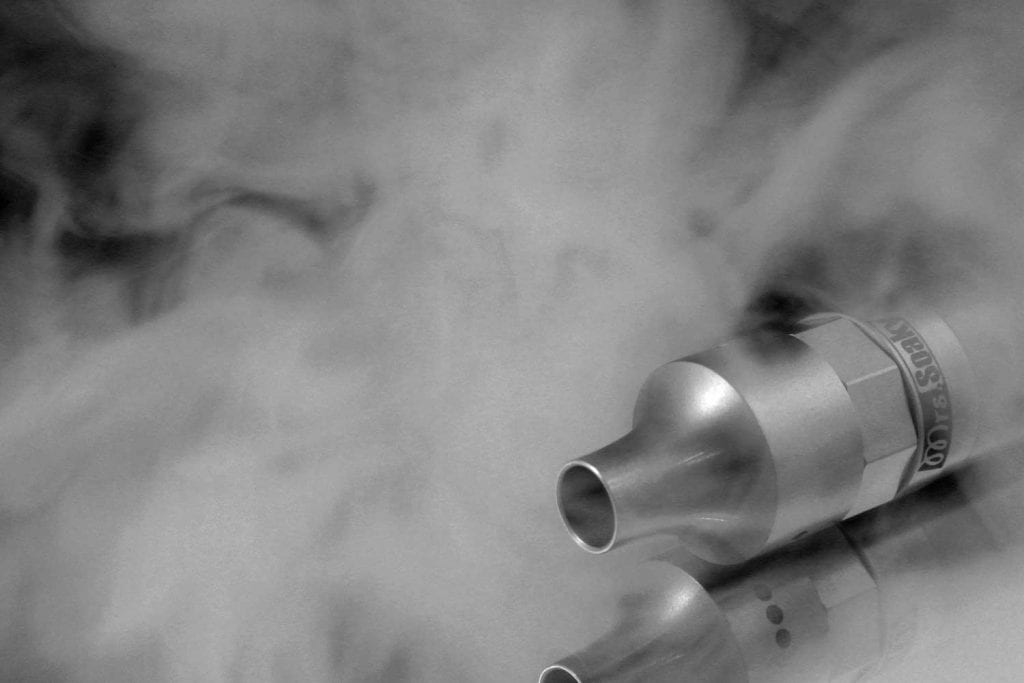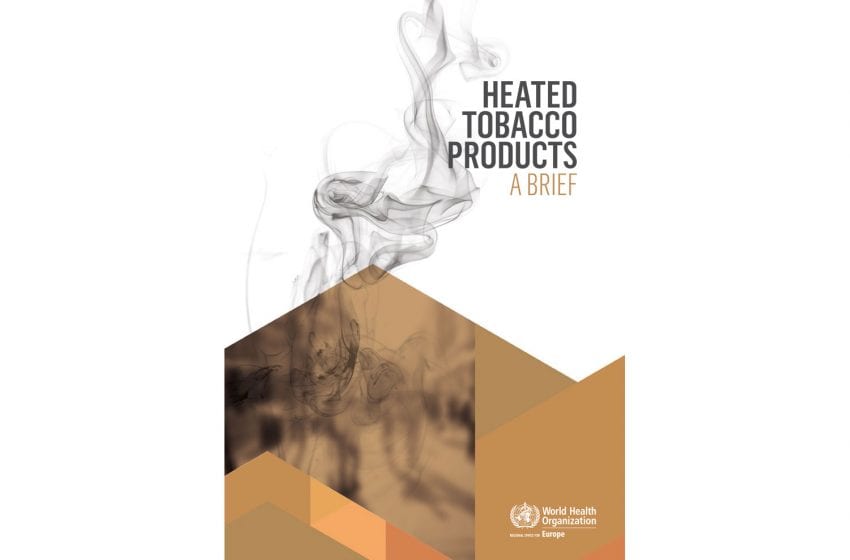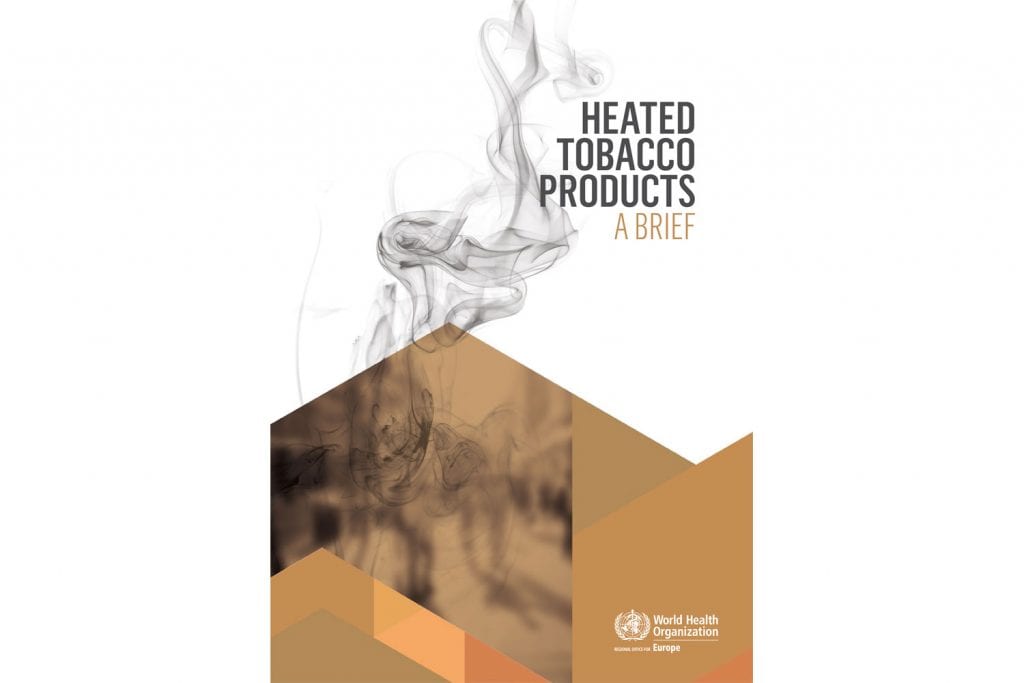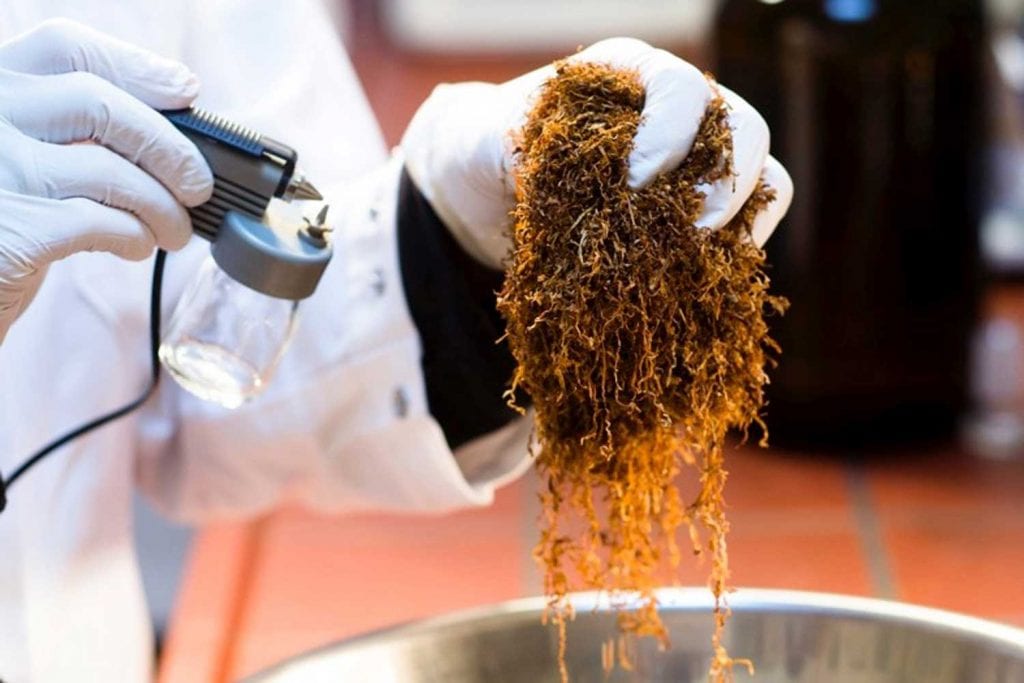
Tobacco sales in Massachusetts convenience stores are down less than a week after the state’s ban on flavored tobacco took effect, reports CSP Magazine. However, tobacco sellers in neighboring states are reporting an uptick in business.
On June 1, Massachusetts restricted the sale of flavored combustible cigarettes and other tobacco products—including menthol cigarettes and flavored chewing tobacco—to licensed smoking bars where they can be sold for on-site consumption.
“We’re down double digits in menthol cigarettes,” said Leo Vercollone, CEO of VERC Enterprises, a retail convenience store/gasoline and carwash group operating in Massachusetts and southern New Hampshire.
Cigarette and other tobacco product sales were down about 12 percent at his Massachusetts stores compared to last year, Vercollone said. However, in the first few days of June, tobacco sales at two of his stores on the New Hampshire border were up about 40 percent, he said.
Tobacco sales make up about 15 percent to 30 percent of in-store revenue for c-stores, and menthol sales typically make up about 34 percent of tobacco sales—and more in minority communities and cities, said Jonathan Shaer, executive director of the New England Convenience Store & Energy Marketers Association.
The effects of the ban, coupled with the devastating effects of Covid-19 on the economy, could mean 800 or more c-stores will permanently close within months, Shaer estimates.
us leo.

